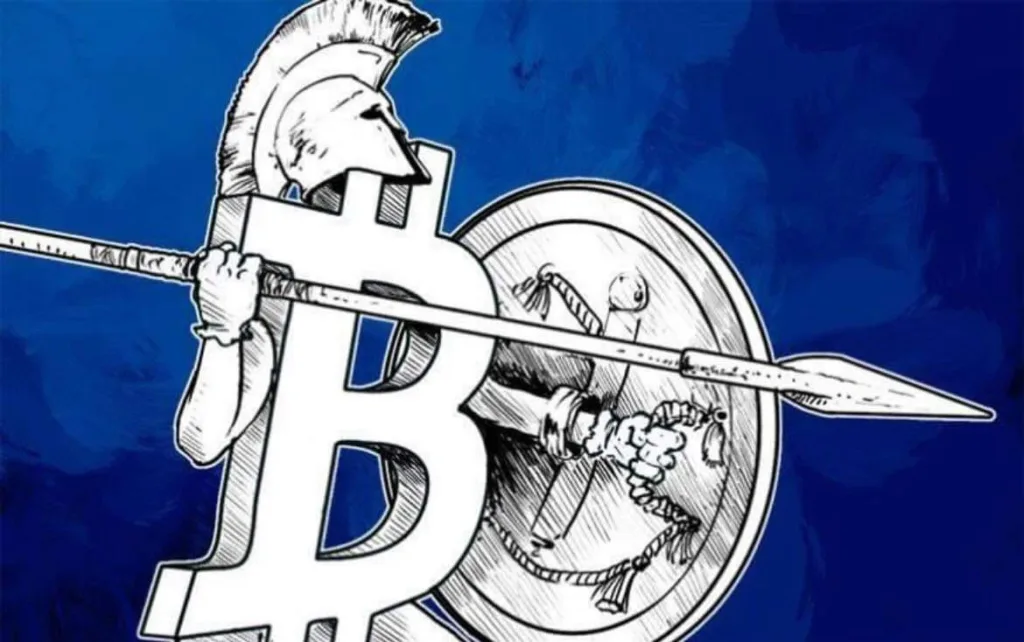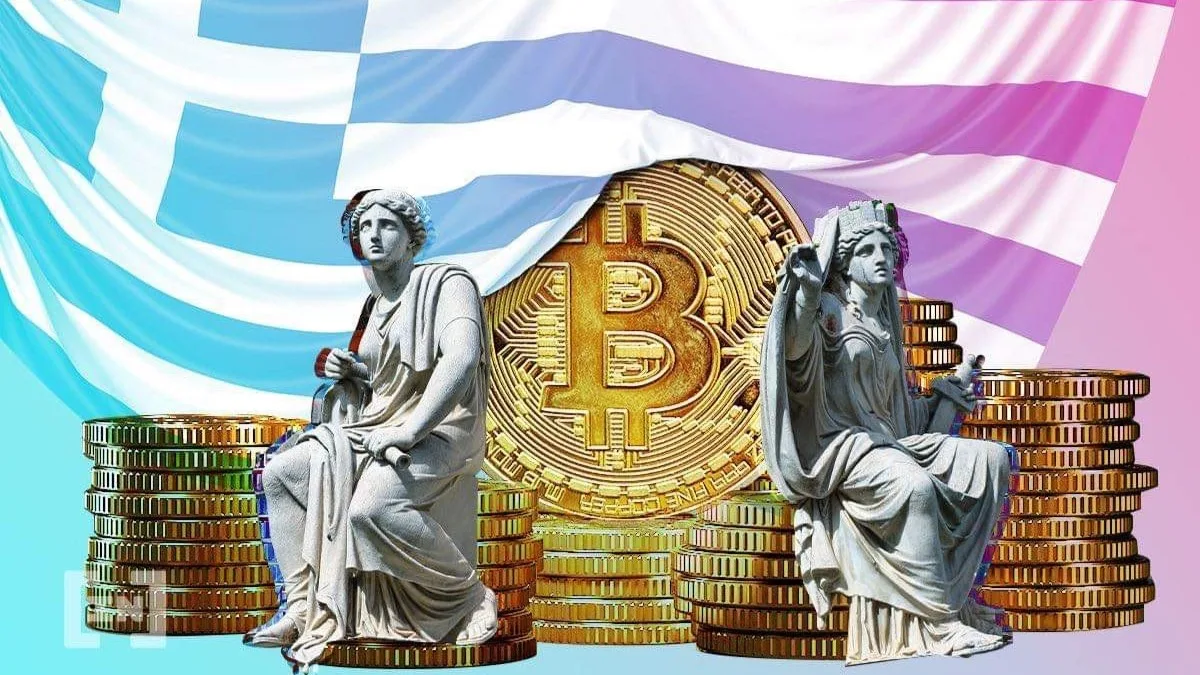By Despina Karpathiou
You may be wondering, does anyone even use Crypto in Greece? You’d be surprised.
While the average Greek might not even know what “Bitcoin” means, interest in its mining has risen significantly over the years.
Even though the country may seem to be ‘behind’ technologically when compared to other countries in the European Union, it is also a country of many surprises.
The world-famous summer holiday country is seeing a sharp incline in Crypto users, broader acceptance of transactions and the emergence of startups and businesses focused on blockchain technology. This burgeoning industry is attracting local investors and IT enthusiasts, as well as foreign attention, cementing Greece’s position in the global cryptocurrency economy.
Whether you’re a knowledgeable crypto investor or are just dabbling in the market curiously, there’s a lot to examine as we delve into Greece’s crypto world.
We’ll also be chatting with Dean “Sakis” Karakitsos, founder of Bitqeury (a blockchain data company), about the current state of crypto in Greece.

Growing interest in cryptocurrency and adoption
Greece’s interest in cryptocurrency has grown since its dramatic financial crisis that began in 2009.
During the last strides of the Greek debt crisis in 2015, many Greeks turned to online trading platforms to search for alternative financial solutions, including Bitcoin, as banks began to shut down and imposed capital controls.
Then in 2019, the country announced it would require digital tax receipts to combat untraceable cash transactions. This was yet another blow for Greece’s middle class, who mainly relied on cash to get by. Many financial experts believed that higher tax rates would result in catastrophic cash flow issues, which is what ensued.
Fast forward to 2020, and most Greeks lost their primary form of income (tourism) from the COVID-19 pandemic. Combine that with high unemployment rates, and many desperately sought alternatives to the current financial system in the country.
A combination of these factors began the inquisition into cryptocurrency in the country. Many Greeks saw crypto as a potential solution to their economic struggles.
What do Greek people think about Crypto today?
Mr Karakitsos believes that “Greeks have a different picture of what cryptos are.”

“In the mind of Greek people, cryptocurrencies relate to scams and investments in a form of gambling. A small fraction of these investors understands what they’re doing. Even the Greek Venture capital ecosystem is out of the cryptocurrency vertical, keeping a big distance from it while they are not familiar at all with the underlying technology of blockchain,” Mr Karakitsos added.
“I don’t expect anything to change in this market, something to change soon. The only motivation will be the price increase of the cryptos especially of Bitcoin in the coming years and the FOMO (fear of missing out).”
Rules and regulations
Yes, there are restrictions on Crypto use in Greece. The country’s Cryptocurrency Regulation Framework Anti-money laundering (AML) and preventing the financing of terrorism (CFT) are the two main areas of focus for current policies.
They’ve also joined the European Blockchain Partnership (EBP), a group of 22 countries that was founded on April 10, 2018.
The absence of regulatory control and consumer protection has been highlighted by the Bank of Greece and the Hellenic Capital Market Commission in their warnings about the hazards associated with virtual currencies.
Despite these cautions, cryptocurrency use isn’t banned.
Taxation?
Greece’s Cryptocurrency Tax System is not mentioned in the Greek Income Tax Code, but according to guidelines from the Independent Authority for Public Revenue, gains from Bitcoin transactions may be liable to income tax.
Tax treatment relies on categorising cryptocurrency activity and differentiating between non-business and commercial activity.

How do Greeks use Crypto?
In Greece, a few platforms are very well-liked for exchanges. With comparatively cheap transaction costs, Coinbase provides a large selection of cryptocurrencies along with services like staking and NFTs.
Because of its large trading volume and affordable costs, Binance is a desirable choice for both novice and seasoned traders.
Furthermore, BitPanda and GreekCoin are platforms that are expressly designed to serve investors in Europe and Greece, respectively, offering localised support and compliance with European regulations.
Mr Karakitsos added that, “It is very interesting how each wave of technology penetrates a local market in different ways. Internal factors, mentality, understanding how global markets affect the world and how people understand these factors are crucial to adoption of each technology.”
Global financial trends, expanding acceptance of varied trading platforms, and regulatory developments are the main characteristics of Greece’s cryptocurrency sector in 2024.
What is happening with Crypto in Greece today?
To cap it all up, the cryptocurrency scene is currently quite vibrant and ever evolving in Greece.
Like Mr Karakitsos mentioned above, crypto novices are expecting a possible increase in the price of Bitcoin after the European Central Bank (ECB) cut its three main interest rates by 25 basis points each two weeks ago. This is especially true given rumours that the Fed may follow suit.
This is indicative of growing intrigue into the Crypto world and more possible investment soon.
Bitcoin’s days ahead definitely look bright!
